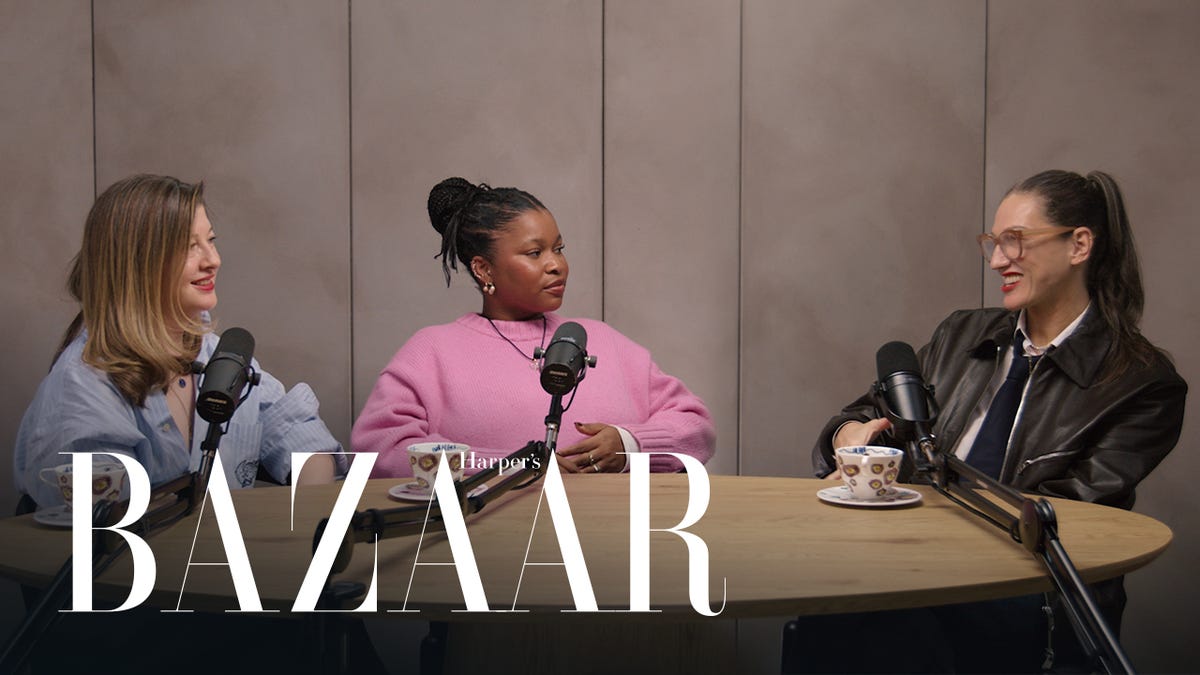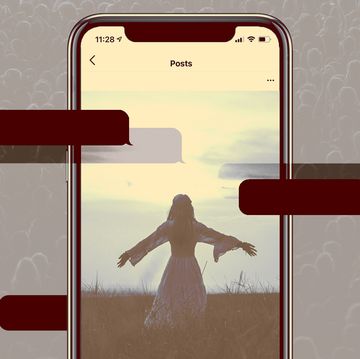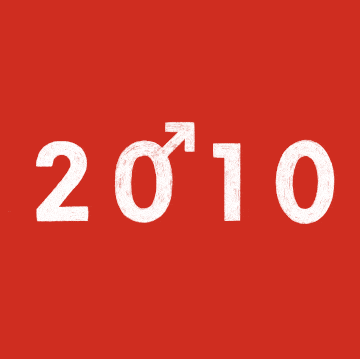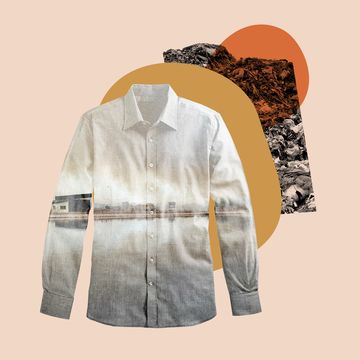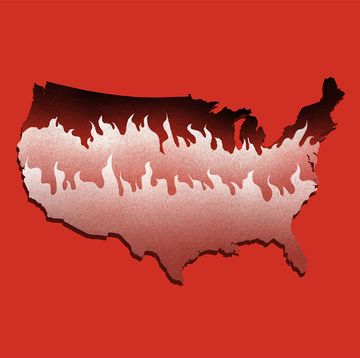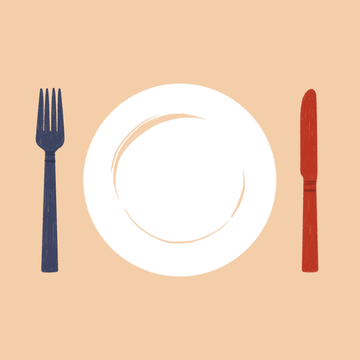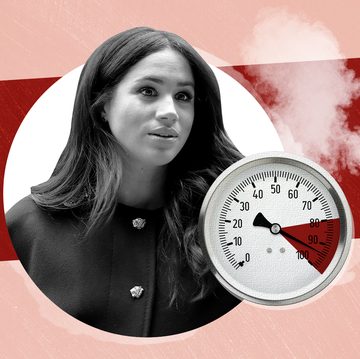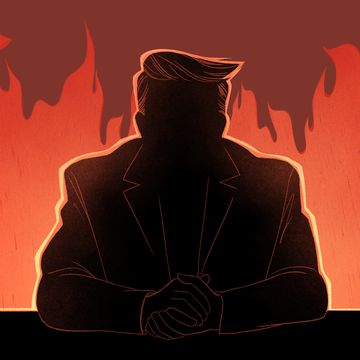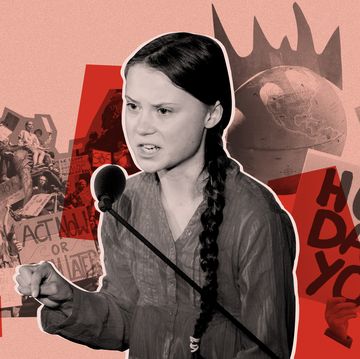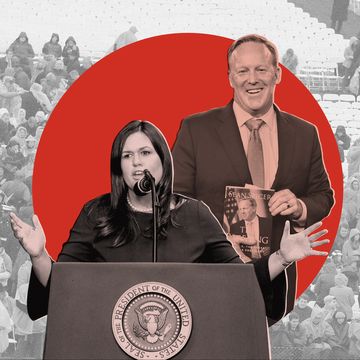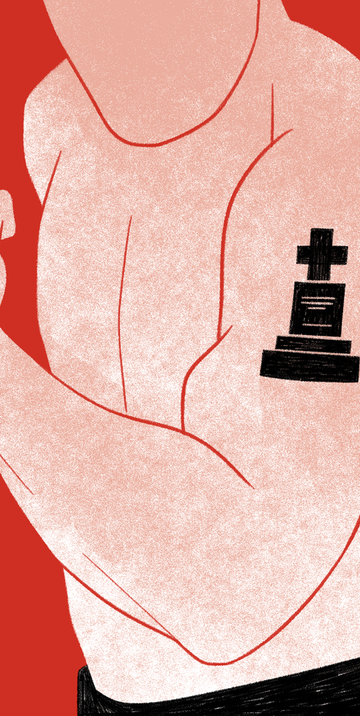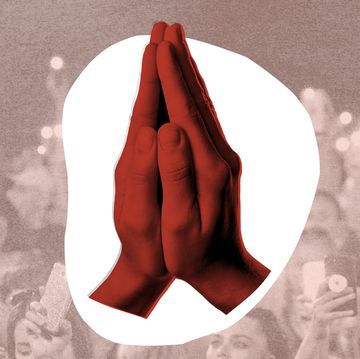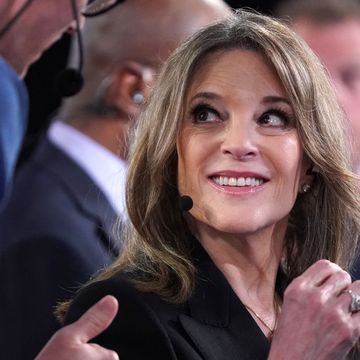I am sad to report that when The New York Times asked Presidential candidates to list their heroes, most of the men listed their wives or moms.
Specifically, John Delaney, Seth Moulton, Jay Inslee, Steve Bullock, and Beto O’Rourke all listed their wives. Meanwhile Julián Castro, Michael Bennet, and John Hickenlooper named their mother as their personal hero.
Now, first of all, I believe all the candidates’ responses to this question are somewhat calculated. I think the only completely honest person was Tim Ryan, who claimed his hero was Baker Mayfield, the quarterback of the Cleveland Browns. That’s a choice that must have been authentic as it would otherwise appeal to a very small selection of Cleveland Browns fans. For the most part, though, it’s fair to say candidates chose their responses not based on whose poster hung over their beds when they were 16, but who might most appeal to voters.
I think it’s nice that men perhaps realized that, in an election with an unprecedented number of women running, it would be good to acknowledge that women could be heroic. But they know there are heroic women out there who are… not related to them, right?
Harriet Tubman is right there. I mean, not right there on the $20 bill, because Steve Mnuchin has delayed the release of that bill for 6 years, but she's right there, in history. Kirsten Gillibrand, to her credit, named Harriet Tubman. Good work, Kirsten Gillibrand!
For those who forgot about Harriet Tubman, don’t worry. There are countless other women you can name. An easy response to this question, for a male candidate who wanted to acknowledge that women exist, could be: “Abigail Adams, Amelia Earhart, Clara Barton, Nellie Bly, Rosa Parks—we’re truly blessed to live in a land with so many amazing women for our sons and daughters to look up to.” (I have chosen women that I think are exclusively non controversial, much though I would personally enjoy seeing a male candidate scream “Hillary Clinton, a queen forever.”)
But not a single male candidate listed a female political hero. (Kamala Harris and Kirsten Gillibrand listed Shirley Chisholm and Harriet Tubman, respectively.)
In a world where the President is a probable rapist, this is certainly not the worst thing we have to worry about with male leaders.
But if men who clearly want to appeal to women can't think of female political heroes, it’s not just because they’re “wife guys.” It points to a larger problem with the way we learn and think about women and their roles.
Despite comprising roughly 50 percent of the people in history, women are stunningly underrepresented in history textbooks. Now, you might think, “well, it’s natural they might be mentioned less than men, since men held more positions of power.” No. I do not mean they’re mentioned less, which I agree is understandable. I mean that in some cases, they barely get mentioned at all. One study of history textbooks, cited in American Multicultural Studies: Diversity of Race, Ethnicity, Gender and Sexuality, revealed that in one 819-page history book, references to women added up to less than one page.
And this gets even worse when you realize that 53 percent of mentions of women in history books are confined to domestic roles. That’s true even in regard to women who were very notably striving to change the world. Consider Eleanor Roosevelt. She was a suffragette, on the board of directors of the NAACP, wrote a column that ran six days a week, and was the chair of the United Nations Human Rights Commission. Any one of those achievements would bear mentioning, but many books seem to feel like saying, “she was a man’s wife” is sufficient.
One study found, in the case of Eleanor Roosevelt, “the roles most often depicted consisted of Roosevelt caring for her husband”.
If men think “a heroic woman is someone who does my laundry,” that might be part of the reason why.
It also makes it harder for men—or women—to accept women who do not fit into the role of a helpmate. Women are often able to relate to male heroes. Emma Watson, an ambassador for the UN’s HeForShe initiative remarked, "If I asked a young boy what superhero they looked up to, I feel a lot fewer would say a female one or would ever use an example of a female one, than in reverse, which is a shame because I feel like we need to live in a culture that values and respects and looks up to and idolizes women as much as men."
Little girls will happily don Batman apparel. Boys will not do the same with Wonder Woman.
Perhaps because, whatever else they are seen as, women are portrayed as acting as support systems for men first and foremost.
I want, I think many of us want, a world where women are seen as more than simply wives and mothers. Because while those may be wonderful aspects of life, men are invariably seen as more than simply husbands or fathers. Hopefully we’ll have a Presidential candidate who can lead the way in reminding us of that.

